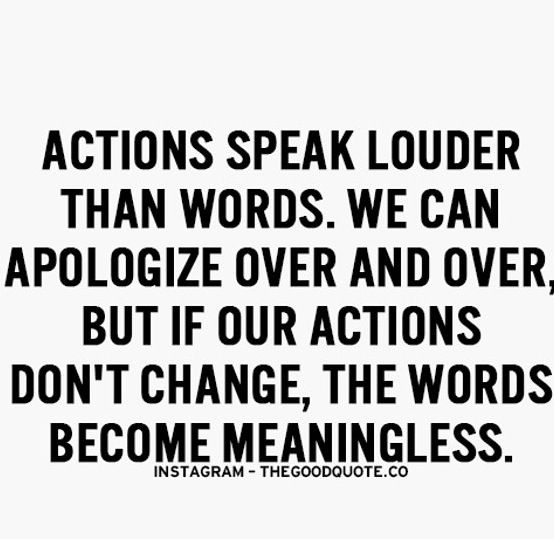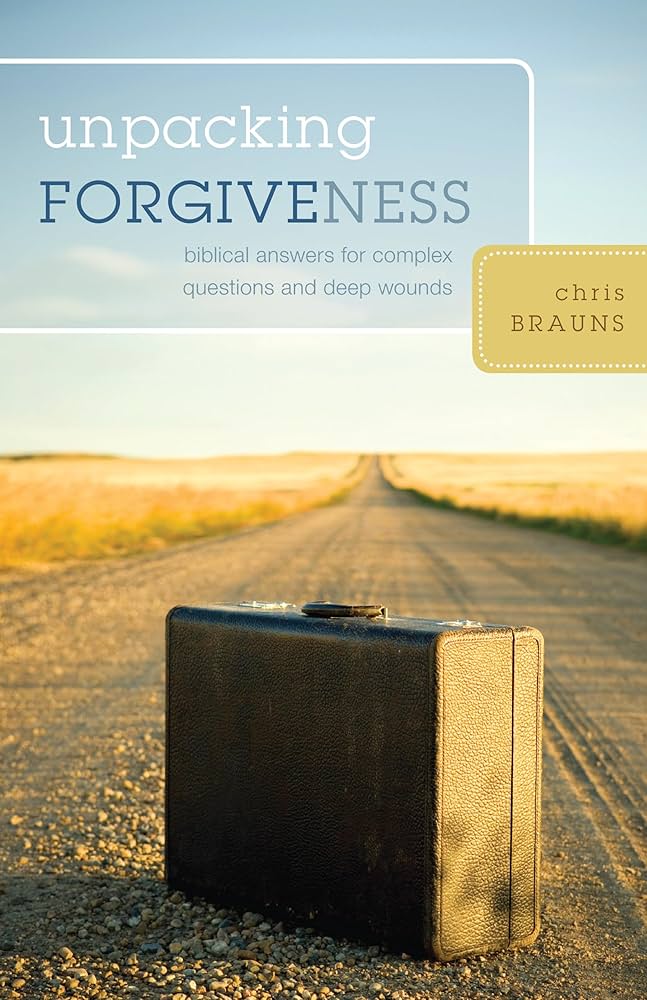You know, it’s funny how a simple phrase can just stick with you. For ages, I was the kind of person who’d say “sorry” for just about anything. If someone bumped into me, I’d probably apologize. It was like a reflex, you know? “Oh, sorry for existing in this general space!” That was me.

My “Sorry” Phase
I remember this one job I had, years ago. Super corporate environment. Everyone was always so… careful. And “sorry” was thrown around like confetti. “Sorry to bother you,” “Sorry for the quick question,” “Sorry my email was two minutes late.” It just became part of the air you breathed there. And honestly, I think it just made everyone more anxious. Like we were all walking on eggshells, apologizing for our own shadows. It felt like if you weren’t apologizing, you were being aggressive or something. What a load of nonsense, looking back.
So, naturally, I carried that habit with me. I’d apologize when I had an idea, apologize when I needed help, apologize when things weren’t even my fault. It was exhausting, really. And I don’t think it made anyone like me more, or respect me more. It probably just made me seem a bit… unsure. Yeah, unsure is the word.
The Turning Point
Then I switched gears, landed in a completely different kind of team. Much more direct, very hands-on. And I remember vividly, my first big team meeting. I had a thought, a potential solution to a problem we were discussing. And out it came, the old habit: “I’m so sorry, this might be a silly idea, but what if we tried…?”
My team lead, a woman named Sarah who didn’t mince words but was fair, just looked at me. Not unkindly, but straight. And she said, “Don’t be sorry. Just tell us your idea. If it’s silly, we’ll figure it out. If it’s good, great. No need for apologies.”
Man, that hit me. It was like a little lightbulb went on. She wasn’t being rude. She was being efficient. She was telling me my voice mattered, and I didn’t need to cushion it with apologies. It felt… strange. Almost like I was breaking a rule.

For the next few weeks, I really had to practice it. It was a conscious effort. I’d open my mouth to apologize for asking a question, and I’d literally have to stop myself. I’d think, “Is an apology actually needed here? Am I genuinely at fault for something significant?” Most of the time, the answer was no.
So, what did I start doing instead?
- Instead of “Sorry to bother you,” I’d try, “Excuse me, do you have a moment?” or “When you have a chance, could I ask about…?”
- Instead of “Sorry, this might be dumb,” I’d just state my idea or question.
- If I made a small mistake, like sending a file to the wrong person by accident (which happens!), instead of a long, drawn-out apology, it became: “My mistake, I’ve resent it to the correct address. Let me know if there’s anything else.” Acknowledge, fix, move on.
What “Don’t Be Sorry” Really Means (to Me, Anyway)
And here’s what I figured out through that whole process. “Don’t be sorry,” in most everyday contexts, isn’t about being impolite or never admitting fault. Of course, if you properly mess up, a genuine apology is important. We all make big mistakes sometimes, and owning up to them is crucial.
But for all those little things? For having an opinion? For asking a question? For taking up your rightful space? “Don’t be sorry” means:
- Be confident. Your thoughts and needs are valid.
- Be direct. Get to the point. People appreciate clarity.
- Focus on solutions, not self-flagellation. If something’s a bit off, the energy is better spent fixing it or learning from it, rather than just saying “sorry” over and over.
- It’s about respect – self-respect, and respecting others’ time. Constant, unnecessary apologies can actually be a bit of a drag for everyone.
It took time, and sometimes I still catch myself about to blurt out an unnecessary “sorry.” But it’s way less frequent now. And honestly, I feel more grounded. It’s like I’ve reclaimed a little bit of my own space in the world, without needing to apologize for it. It’s a small change in wording, but it made a big difference in how I approach things, and how I feel. So yeah, that’s my little journey with “don’t be sorry.” Maybe it’s something you’ve thought about too.











